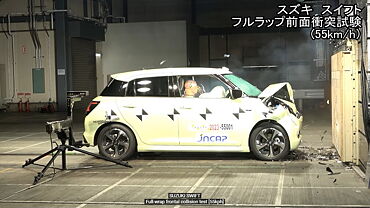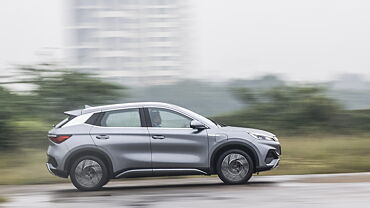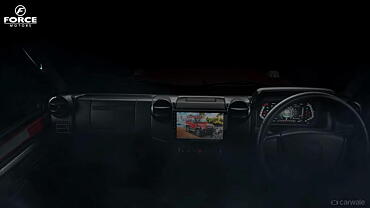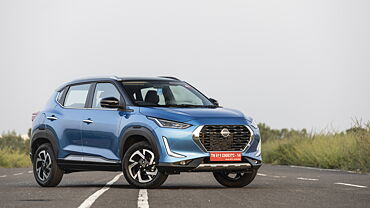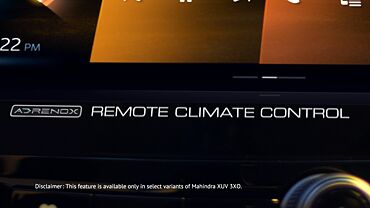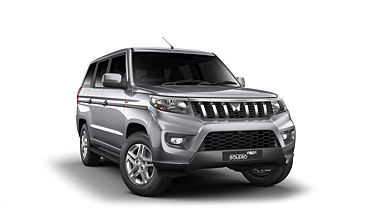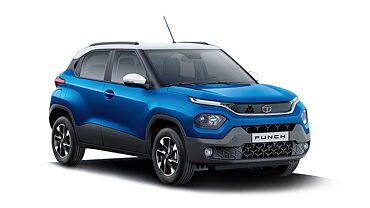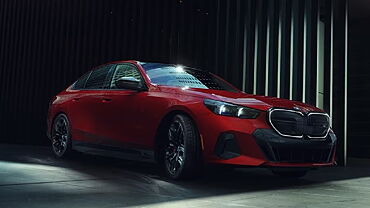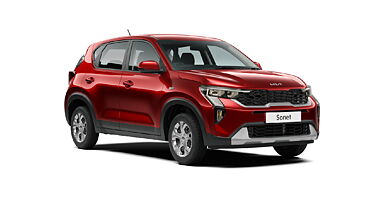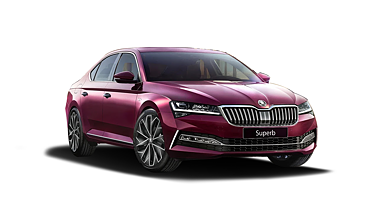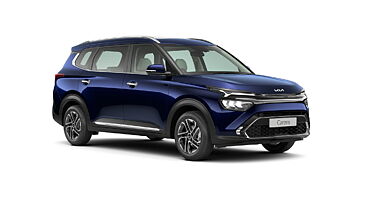As per some recent studies done by Bosch, every 5th accident over Indian freeways can be easily avoided via application of ABS. At present, India has highest number of road accidents and by 2016 we are slated to become the 3rd largest automobile market in the world. So, doesn’t this makes it compulsory for all to understand what ABS systems are and how they can make a difference in saving lives.
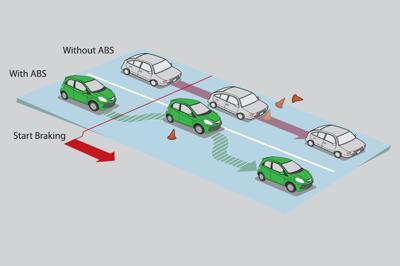
There are several new car buyers who believe that paying extra costs for Anti-lock Braking Systems (ABS) isn’t worth it. We are here highlighting the significance of this system to help people understand how ABS can be life saver under dire circumstances.
In case, you are driving through slippery or muddy roads on a regular basis than you might already be aware of ABS brakes and their importance in controlling the car. ABS systems in car mainly keep the wheels from getting locked and skidding when brakes are hardly applied over slippery roads. These enable the driver to steer the car even when the brakes have been applied fully over wet roads. It reduces the braking distance to almost nil and makes them much safer as compared to those without ABS systems.
Another specific point to be noted about ABS is that these play a huge role in extending life of tires especially over Indian roads. When the car is braked hard without ABS, tires prone to skid and the part of tires that comes in contact with road that time loses gets worn out. Indians are used to braking hard, some are compelled by potholes and bumps and some just can’t stop from playing with car’s stability. Frequent hard braking leads to wearing out of certain areas of tires causing vibrations and getting them out of balance.



